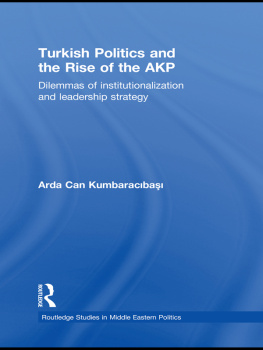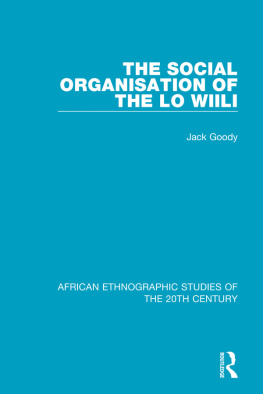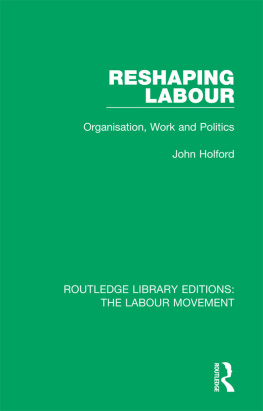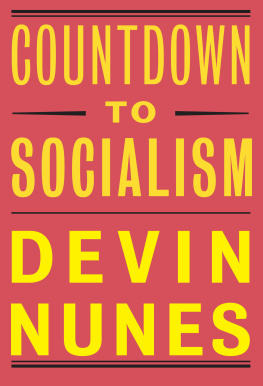Contents
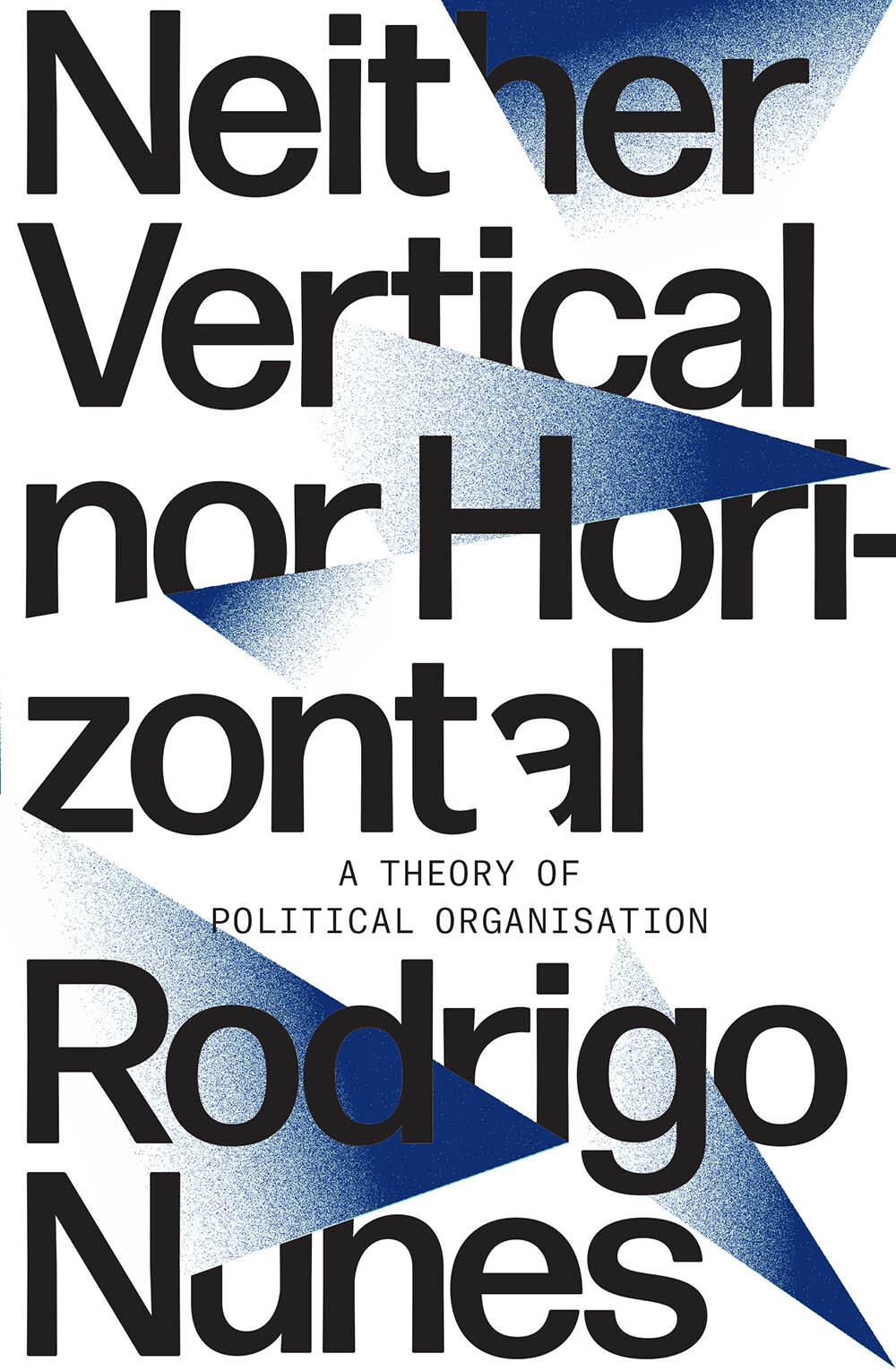
Neither Vertical nor Horizontal
Rodrigo Nunes is Professor of Modern and Contemporary Philosophy at the Pontifical Catholic University of Rio de Janeiro (PUC-Rio), Brazil. He is the author of Organisation of the Organisationless: Collective Action after Networks and of numerous articles in publications such as Les Temps Modernes, Radical Philosophy, South Atlantic Quarterly, Jacobin , and the Guardian . As an organiser and popular educator, he has been involved in several initiatives in Brazil and in Europe, including the first editions of the World Social Forum.
Neither Vertical nor Horizontal
A Theory of Political Organisation
Rodrigo Nunes

First published by Verso 2021
Rodrigo Guimaraes Nunes 2021
All rights reserved
The moral rights of the author have been asserted
1 3 5 7 9 10 8 6 4 2
Verso
UK: 6 Meard Street, London W1F 0EG
US: 20 Jay Street, Suite 1010, Brooklyn, NY 11201
versobooks.com
Verso is the imprint of New Left Books
ISBN-13: 978-1-78873-383-0
ISBN-13: 978-1-78873-385-4 (UK EBK)
ISBN-13: 978-1-78873-386-1 (US EBK)
British Library Cataloguing in Publication Data
A catalogue record for this book is available from the British Library
Library of Congress Cataloging-in-Publication Data
A catalog record for this book is available from the Library of Congress
Library of Congress Control Number: 2020948742
Typeset in Minion by Hewer Text UK Ltd, Edinburgh
Printed and bound by CPI Group (UK) Ltd, Croydon CR0 4YY
Contents
____________
__________________________
A full list of those to whom I owe affective, intellectual and political debts would be unfeasibly long, but special thanks go to my colleagues and students at the Pontifical Catholic University of Rio de Janeiro (PUC-Rio); Steve Wright and Antonis Vradis for help with locating references; my editor, Sebastian Budgen, and everyone at Verso; all the friends and colleagues who invited me to share parts of this research over the last five years: Rene Gabri (16 Beaver, New York), Ben Trott (Heinrich-Bll-Stiftung, Berlin), Stevphen Shukaitis and Steffen Bhm (University of Essex), Javier Toret and Eunate Serrano (Universitat Oberta de Catalunya), Marcelo Branco (Conexes Globais, Porto Alegre), Rosana Pinheiro-Machado (University of Oxford), Tadzio Mller and Mario Candeias (Rosa-Luxemburg-Stiftung, Berlin), Gustavo Chataignier (PUC-Rio), Fernanda Bruno and Fernando Santoro (Universidade Federal do Rio de Janeiro), Joo Roberto Lopes Pinto (Universidade Federal do Estado do Rio de Janeiro), Katja Dieffenbach (B-Books, Berlin), Alberto Toscano (Goldsmiths), Dborah Danowski, Eduardo Viveiros de Castro, Felipe Sssekind, Alyne Costa and Juliana Fausto (Casa de Rui Barbosa), Jason Wozniak, David Backer and the LAPES group (Columbia University), David Mesing and Salar Mohandesi (Wooden Shoe, Philadelphia), Teivo Teivainen (University of Helsinki), Creston Davis (University of Athens), Vernica Araiza and Silvia Lpez (Universidad Nacional Autnoma de Mexico), Guiomar Rovira (Universidad Autnoma Metropolitana Xochimilco), Samir Haddad (Fordham University), Andr Mesquita (Museu de Arte de So Paulo), Victor Marques (Universidade Federal do ABC), Jean Tible (Universidade de So Paulo), Lars Bang Larsen (Bienal de So Paulo), Colin Barker (Manchester Metropolitan University) [ in memoriam ], Paolo Gerbaudo and Nick Srnicek (Kings College London), Bernardo de Souza (Fundao Iber Camargo), Ulisses Carrilho and Keyna Eleison (Escola de Artes Visuais do Parque Lage), Antonio Pele and Florian Hoffmann (PUC-Rio), Daniel Gutirrez and Antje Dieterich (Werkstatt fr Bewegungsbildung, Berlin), Imre Szeman and Eva-Lynn Jagoe (Banff Center for Arts and Creativity), Cinzia Arruzza (New School for Social Research), Gabriel Tupinamb and Jean-Pierre Caron (Fosso), Ulysses Pinheiro (Universidade Estadual do Rio de Janeiro), Fernando Silva e Silva (Associao de Pesquisas e Prticas em Humanidades, Porto Alegre), Brett Neilson and Ned Rossiter (University of Western Sydney), as well as to all who attended those events and whose questions and comments have helped me refine my own thought. In 2013, when I was already working on what would become this book, Josephine Berry and Clemens Apprich invited me to preview some of my thoughts on organisation for the Post-Media Lab project that Mute magazine and Leuphania University were doing at the time; the result was Organisation of the Organisationless , published in 2014. Although that delayed the writing of this book to some extent, as it forced me to do more work to differentiate the two publications, I am grateful to them for giving me the chance to get some of these ideas out at a moment when they had some immediate utility. While working on this book, I received support from PUC-Rio in the form of a Productivity Grant (20152018) and a research leave grant for a period at Brown University. At Brown, thanks are due to Bonnie Honig, James Green and Jasmine Johnson.
An earlier version of from Tension and Telos in Pedagogy and Politics, published in Lpiz 2 (2015). I thank the editors for their kind permission to use that content.
My ideas about politics and organisation would certainly be much poorer were it not for the friends and comrades in and around several collectives, campaigns and research groups over the years: Amiz, COA, the World Social Forum, Grumo, Fluke, Turbulence, Justice for Cleaners/Cleaners for Justice London, the Micropolitics Research Group and the Precarious Workers Brigade, Plan C, Comit Popular da Copa de Porto Alegre, Materialismos (in all its different iterations), Werkstatt fr Bewegungsbildung. As they say, you know who you are. Eduardo Luft might find a strange echo of the ideas I absorbed at his lectures in some of the arguments here. A conversation with Javier Toret about Lenin and immanence in a Hackney squat in 2004 helped me first put a finger on some of the problems that I have tried to elaborate in this book. That was the same night I met Valery Alzaga for the first time; two years later she invited me to work with her as a labour organiser. That experience and her friendship have been greatly formative for this book and for me.
It was Kylie Benton-Connell who convinced me in June 2013 to put the other book I had been writing on the backburner and dedicate myself to this project; the protests then breaking out in Brazil sealed the deal. Throughout, Kylie remained this projects greatest supporter, inter-locutor, critic and enthusiast, and the best companion I could have hoped for; my most special thanks could not but go to her. I hope the delay has not made the book any less urgent than she thought it was then.
________________
The insurrections came and went. This book is, to a large extent, a response to the cycle of struggles that began in 2011 and whose impacts, direct and indirect, are still unfolding around us today. It is a response to the hope that they offered, but also to the limits they encountered and which have prevented them from fulfilling that promise at least until now. It is, above all, about those limits: how one might overcome them or, perhaps more precisely, how one might overcome the patterns of thought and behaviour that ensure they keep coming back. Said limits have been the object of much discussion: the fitfulness of those uprisings and their incapacity to sustain themselves over time; their inability to move on from the tactics around which they had initially coalesced, typically square occupations, and the decline in their capacity for tactical innovation as circumstances changed; their inability to scale up in a viable way, and tendency to fall apart when they tried to do so; their propensity to demand large investments of time and energy from participants in return for little by way of clear strategy and decision-making; their relative lack of rootedness and strength to defend themselves when repression came bearing down. Many if not all of these have come to be associated with the tag that many people used to describe the spontaneous philosophy behind those mobilisations: horizontalism.



